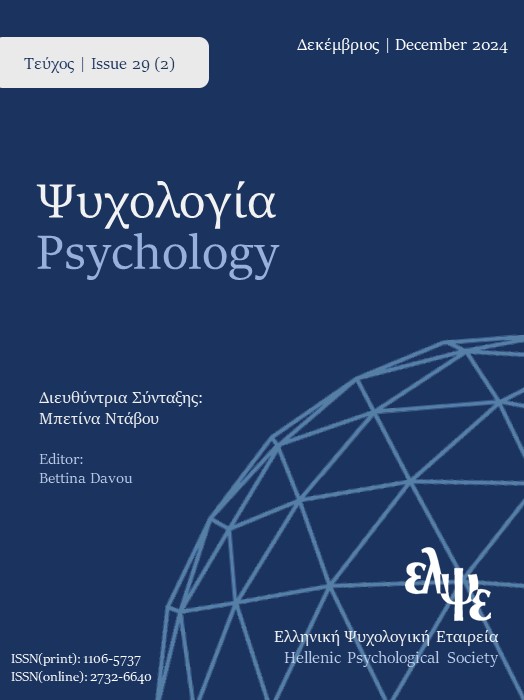A preliminary exploration of the development of integrated psychotherapy and pastoral counseling among the American Christian psychologists and pastoral psycho-therapists: A qualitative systematic literature review

Abstract
This systematic literature review paper aims to broadly trace the
development of integrated psychotherapy and pastoral counseling from
the advent of Freudian psychoanalytic theory in 1900 to the present day.
Following the PRISMA (Preferred Reporting Items for Systematic
Reviews) guidelines, an electronic search of journals in congruence with
the research objectives was conducted from Sage, Scopus and Google
Scholar. This search resulted in 2408 related reviewed papers being
considered (Scopus: 534; Sage: 719; Google Scholar: 1155). Through the
process of eliminating duplicates, screening relevant titles, abstracts, full
text and stringent inclusive and exclusive criteria, 31 reviewed papers
were selected. A thematic synthesis of extracted data resulted in
identifying three broad categories of: When (Time/Stage of the
integrative effort); What (Definition/Defining Moment of the integrative
stage); and How & Why (The Influences of the Time and the Pace setters
of the Hour). This paper covers an era of integrative work spanning over
almost one and a quarter centuries. As the integrative progress evolves
with time, this paper also endeavors to identify the underlying reasons
sustaining this century-long quest and research.
Article Details
- How to Cite
-
Lee, C. F., Saili, J., & Yusuf, K. M. (2024). A preliminary exploration of the development of integrated psychotherapy and pastoral counseling among the American Christian psychologists and pastoral psycho-therapists: A qualitative systematic literature review . Psychology: The Journal of the Hellenic Psychological Society, 29(2), 210–223. https://doi.org/10.12681/psy_hps.37342
- Section
- REVIEWS

This work is licensed under a Creative Commons Attribution-ShareAlike 4.0 International License.
The journal PSYCHOLOGY adopts a Platinum open-access policy. Submission, processing or publication costs are waived by the Hellenic Psychological Society. Papers published in the journal PSYCHOLOGY are licensed under a 'Creative Commons Attribution-ShareAlike 4.0 International' licence. The authors reserve the copyright of their work and grant the journal the right of its first publication. Third-party licensees are allowed to use the published paper immediately after publication as they wish, provided they retain the defined by the license copyright formalities, regarding the reference to its author(s) and its initial publication in the journal PSYCHOLOGY. Moreover, any adjusted work should be shared under the same reuse rights, so with the same CC license.


